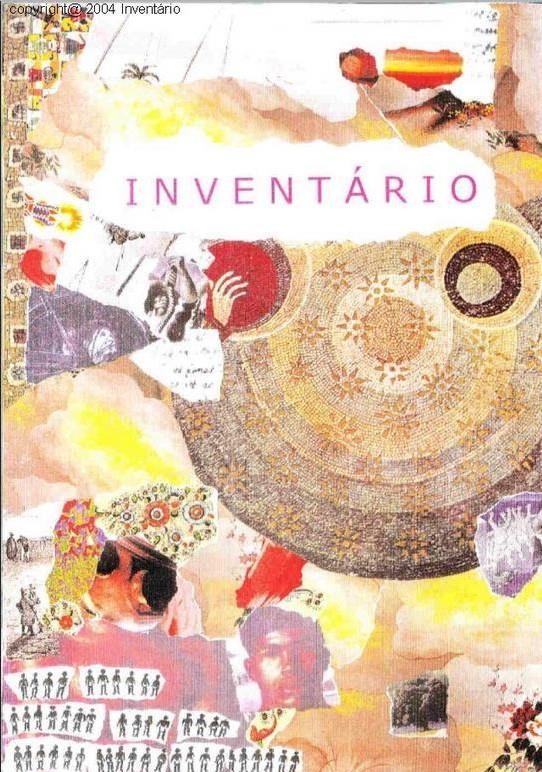O SAMBA DO CEARÁ OITOCENTISTA
ESPAÇO DA DIVERSÃO SUBALTERNA ENTRE A LITERATURA E A NOTÍCIA
Abstract
In this article we discuss some notions about popular festive practices in Ceará in the 19th century. Dealing specifically with the discourses about samba, it seeks to apprehend the widespread view, both by literary texts and by the complaints circulating in the periodicals, especially the newspapers Pedro II, O Cearense and A Construção. We use the dialogue with concepts of Social History, in order to approach “specific historical problems regarding behavior and relationships between different social groups” (CASTRO, 1997, p. 48), in order to understand their conflicts, experiences and cultural practices. The argument was defended that the utterance and the narratives around the sociability spaces of the subaltern layers started from a shared perception between the subjects who wrote them, whether they were literati, police authorities or anonymous whistleblowers. In turn, the printed writings about samba as a place frequented by the “plebs”, contributed, in the perspective of a history “seen from below”, for the apprehension of the cultural experience of the individuals involved in these discourses.







